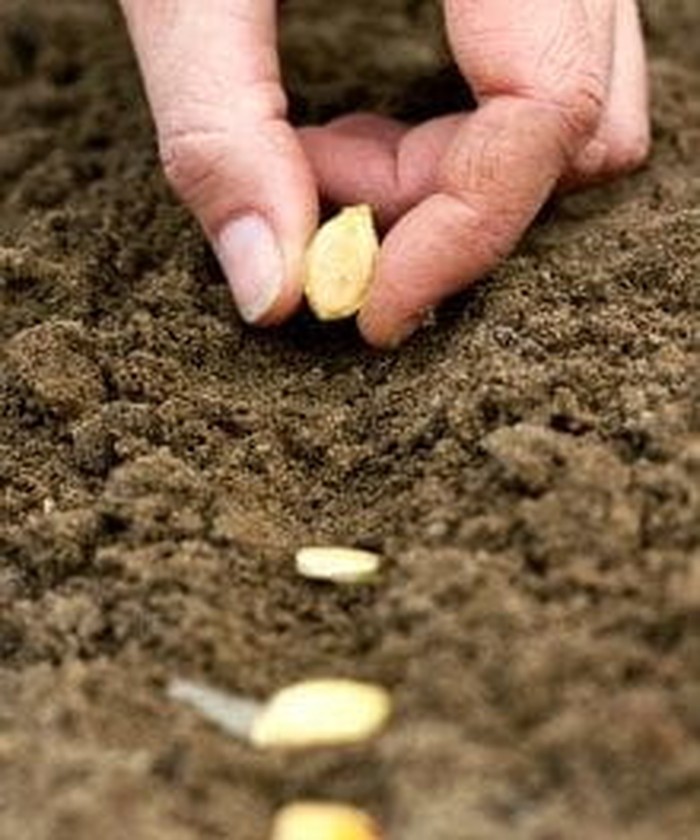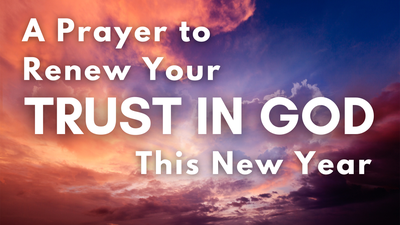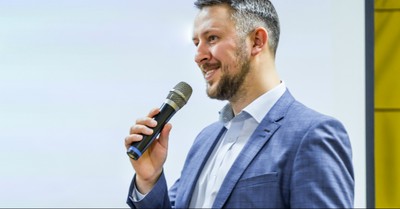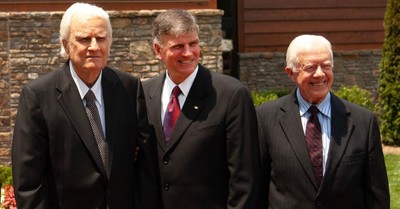What Are You Sowing?
- Cliff Young Crosswalk.com Contributing Writer
- Published Aug 01, 2013

Editor's note: This is the first of a multi-part series based upon Galatians 6:7 and The Law of the Harvest.
Do not be deceived, God is not mocked; for whatever a man sow, this he will also reap (Galatians 6:7).
Even though I wasn’t raised in a “Christian” home, I seemed to have lived rather instinctively by a set of laws and underlying Christian values. I believed a person would probably reap what they sowed (eventually or eternally), or at least “should.”
Most of the time I never gave it much thought, nor did I realize I was being governed by these spiritual and somewhat universal principles, I just wanted to see an immediate and rational (at least in my mind) correlation between “sowing” and “reaping,” rather than waiting for the “process” or time it may take to realize a consequence, but, like God, that’s not how it works as I found out when I began studying the Law of the Harvest.
1. We Reap Much We Did Not Sow
As a kid, I spent many weekends with my cousins at my grandfather’s farm messing around doing what boys do when they have time, a lot of space, and access to motor vehicles and machinery – getting into things. I remember the hours of fun we had driving down dirt roads and (literally) through the fields of corn in his truck or on some piece of farming equipment.
We didn’t consider the amount of time and back-breaking effort our grandfather and his workers put in each day throughout the season to ensure an abundant harvest as we ravaged the fields, nevertheless, at the end of our stay, all of the families would leave with bushels of fresh vegetables.
What I didn’t appreciate was how we were the privileged recipients of what he had sowed (and not by anything we had done) - the first law of the harvest.
While some have abused this law to the nth degree by seeking unwarranted benefits, financial support and assistance without work or effort, also known as “entitlements,” there are many of us who experience the negative side of receiving what we did not sow through the burdens we have had to carry as a result of what was sown from a prior generation.
Adam’s disobedience changed life for all of us, “Because you listened to your wife and ate from the tree about which I commanded you, 'You must not eat of it,' ‘Cursed is the ground because of you; through painful toil you will eat of it all the days of your life. It will produce thorns and thistles for you and you will eat the plants of the field. By the sweat of your brow you will eat your food until you return to the ground, since from it you were taken; for dust you are and to dust you will return” (Genesis 3:17-19).
Even though some of us may have been affected by the poor financial, emotional, spiritual, physical or life choices a parent, guardian, friend or trusted individual has made (or sowed), we don’t need to live as victims. We can acknowledge the wrongs done, get help if need be and move forward recognizing some things in life will never seem “fair.”
It is our choice each day to be grateful for any and all blessings that comes our way, not be “expectant” nor feel deserving of anything not earned, be understanding of those less fortunate as it may not have been a result of their actions, and realize what you do each day can make a difference and impact those around you whether you see it or not.
2. We Reap the Same Kind as we Sow
I’m not sure when I first heard the term, “take heed lest you fall,” however it seems to go hand in hand with the warning many of us received growing up - do something bad and you’ll receive bad in return.
King David learned this with his fall from grace after coveting his neighbor’s wife, committing adultery and murder, and bearing false witness (2 Samuel 11).
We’re also reminded of this most every week as we hear a celebrity apologizing for something they had done, or rather were caught doing. Whether it is one of our esteemed “public servants” trying to explain their innocence (or ignorance) of some impropriety, an entertainer excusing their actions as a result of someone else or a sports figure justifying the use (or misuse) of a banned substance, it has sadly become commonplace and should at the very least be another warning to all of us.
Earlier this year, Lance Armstrong, seven-time winner of the Tour de France (cycling’s most celebrated competition), publicly confirmed the allegations swirling around him for the past decade about his use of performance enhancing drugs (PEDs). As a result he was stripped of his titles and banned from any elite competition by the United States Anti-Doping Agency.
This law of reaping the same as what we sow is not limited to the negative; it can also provide positive consequence when we “do good.”
A couple of months ago, Sarah Darling, a Kansas City woman, stopped to empty her change purse into the collection cup of a homeless man, Billy Ray Harris. She had forgotten she had earlier taken her diamond ring off and dropped it into that same purse. When Darling later realized what she had done, she went back to find the man, and fortunately she did.
"I asked him....'I don't know if you remember me, but I think I gave you something that's very precious to me,' and he says, 'Was it a ring? Yeah, I have it, I kept it for you,'" Darling said.
In appreciation, Sarah and her husband set up an online fundraiser for Harris. Within a week, there were over 3,400 donations totaling nearly $95,000. When asked what he thinks about this, Billy Ray’s response was, "What I actually feel like is, 'what has the world come to when a person who returns something that doesn't belong to him and all this happens?'"
What a profound thought for just “doing the right thing.”
If you’ve found yourself on the short end of reaping something you did not sow or have done wrong and are paying the consequences, don’t let it dictate who you are or determine the remainder of your life. King David was able to rediscover his path to God’s own heart and the purpose for his life, and you can too.
My peace is found each day in trying to sow what is right, being grateful for all I receive, handling disappointment as they come (rather than “foreseeing” them) and understanding all will take place in God’s time.
"Don't judge each day by the harvest you reap but by the seeds that you plant." -Robert Louis Stevenson
Cliff Young is a contributing writer to Sandlot Stories (ARose Books), as well as the monthly column, "He Said-She Said," in Crosswalk.com's Singles Channel. An architect and former youth worker, he now works with Christian musicians and consults for a number of Christian ministries. Got feedback? Send your comments and questions to cydmg@yahoo.com. Find him on facebook and twitter.
Publication date: August 1, 2013



















